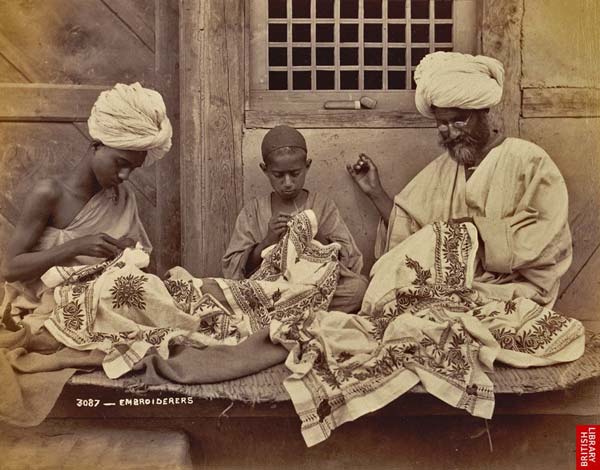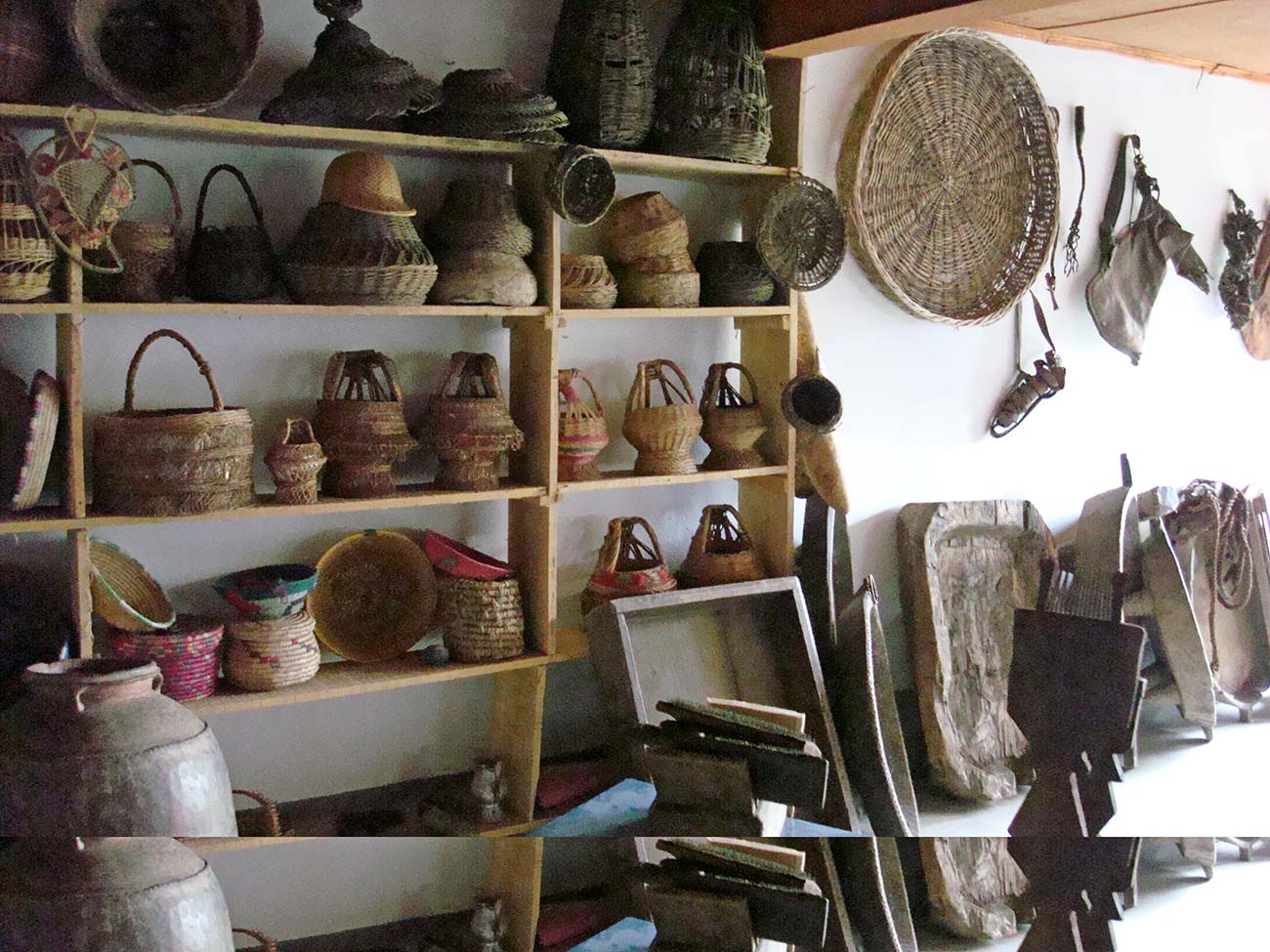
Arshid Malik
On my recent trip to Chandigarh with some of my colleagues we stopped over for some advice on “where do we eat” from locals around Jalandhar. Almost everybody advised a Punjabi restaurant called “Haveli”. We were hungry and went out of our way to see what all this place called “Haveli” was about. We landed there in a good half an hour’s time and as we stepped inside we were swept off our feet by the kind of culture the place flaunted, Punjabi culture that is.
The place smelled very nice and we got on the menu as soon as we could and waited around for food to arrive while enjoying the Punjabi resonance of the eatery. Now what is special about “Haveli” is that it is the nicest and the most hygienic eatery around and while they serve you Punjabi cuisine (pure vegetarian) they also entertain you with traditional Punjabi music and dance. You can sit maharaja style on illustrious sofas or go with the traditional jute bed (khaat). To top it all you find a truck, yes a whole Indian style truck, coming through one of the corners of the restaurant with a driver in seat smiling at you. Now this is just what it looks like – a real truck with headlights flashing and dippers active and a fake driver inside driving right into the eating arena.
One of my colleagues guessed that the owner of the place must have been a truck driver, made a fortune and installed the truck as an emblem of his fortune. Nice go, but when we enquired of the waiter he said that trucks and truck drivers are an integral part of Punjabi culture and cuisine. Everything about the place was pure Punjabi nostalgia. When we dug our teeth into the food that had arrived piping hot we just couldn’t believe that it actually tasted so very good – too good. “Haveli” is a good example of how good you can be to your customs and traditions.
When I decide to eat out with my family, colleagues or friends and settle on a good restaurant, what is “in the air” is most certainly not Kashmiri. The furniture is molded, the music is sincerely not Kashmiri and mostly “Jagjit Singh”, and the wall hangings speak about a cultural “berserkness”. Given the fact that our traditions and culture are exquisite, accorded great worth and value across the globe, why is it that we are actually running away from it.
The fortune that we inherited from our ancestors in the shape of exquisite culture and traditions we have squandered, yes almost all of it.
The woodwork in our homes stands replaced by Plaster of Paris, the thicket roofs have lost it to galvanized iron sheets, the traditional Kashmiri cloak “Pheren” is losing it to thermocot and mink blankets, the fire-pot called Kangri stands succeeded by De Longhis and heat pillars, the traditional drum called “Tumbaknari” can’t even be heard in the blaring music of Hi Fidelity Music Systems, the willow baskets have been replaced by plastic baskets, the traditional carpets have almost disappeared under the cheap machine woven rugs.
The herbs we would cook have disappeared too and most of our young have never heard of them. The rivers have turned into intra-state drainage systems and the lakes have shrunk into ponds. The crewelwork draperies are perhaps only to be seen in our museum. The Kashmiri tea cups (koshur pyala) are almost extinct. Our festivals have metamorphosed into shopping and spending sprees while all the fun that used to be there stands missing. The silver jewelry sunk under the weight of De damas gold.
Traditional Kashmiri caps including the very prized “Karakulli” have found replacements in the shape of Adidas and Nike caps. Our dance, music and local street theatre (Band Pether), especially the Hafiz Nagma, have lost the beat and we prefer Bollywood over all that. I remember when I was a kid I would fall asleep to the slight buzz of Kashmiri Sufi Music over the radio. Most of us prefer to talk in English and Urdu and we most certainly (most of us) do not know how to write in Kashmiri and this is a solid and heavy loss. When we lose our language or the affinity towards it we should understand that we have alienated ourselves.
This write-up is a “short story” about the long story of losses we have imposed upon ourselves. It is a “short story” which, if you examine minutely, weeps in itself. This “short story” is a compact capsule of how shameless we are. This “short story” is an account of a loss of inheritance. And while we are losing, I think we should stop calling ourselves Kashmiris for no son would do unto his father and no daughter would do it unto her mother what we have done with all that composes Kashmir. If there is not a tear waiting for consent to roll down your cheek, consider yourself dead.















